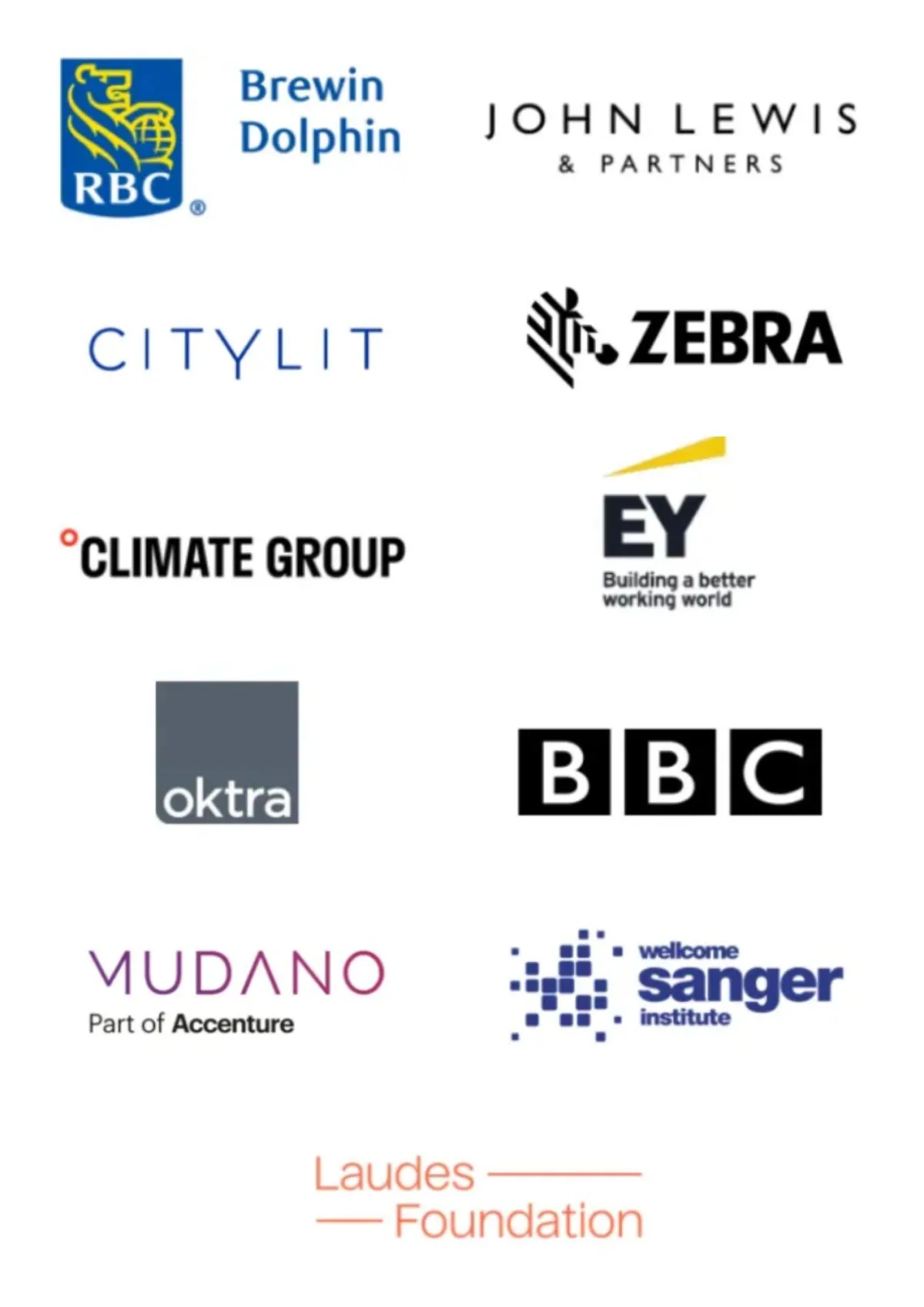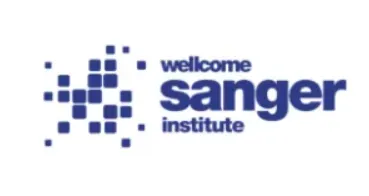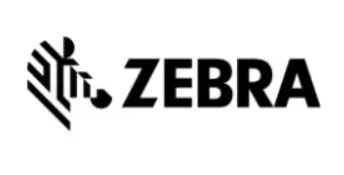Executive Coaching Case Studies
Case Study 1
Career transitioning
Sarah: Partner in a Law Firm, recently promoted to head of her department
Despite being an expert in her field and highly skilled at business development, Sarah was struggling to balance these skills with her increased responsibilities as new head of her department. Feeling overloaded, her team's concerns about disorganisation and low morale further knocked her confidence.
Coaching focused on helping Sarah establish an authentic leadership identity, organise her time, and delegate effectively. Over 8 months, she learned to empower her team and provide clear vision and direction.
Regular sessions helped Sarah seize her authority and regain her team's support. This was reflected in the positive results of a 360-degree feedback process towards the end of the coaching, and in praise from her Managing Partner. Sarah identified complementary skills needed in her leadership team and restructured her department. Using role played conversations, assertiveness and communication models, Sarah handled disruptive team members and ensured she was articulating a clear message to her department.
Understanding her stress reactions and building resources to manage stress ensured the long-term impact of the coaching. Sarah successfully transitioned into an effective leader.


Case Study 2
Building visibility to move roles
Simon: Talented Financial Consultant, needing to build visibility to achieve promotion
Simon felt demotivated after failing to secure a senior leadership role. Within the confidential coaching environment, he was able to express his frustrations and explore his next steps. Feedback interviews with key stakeholders revealed that his colleagues were not aware of the extent of Simon’s contributions, the impact he was having with clients or the work he was winning and driving. His focus on work and attention to detail left little time for communication about his achievements.
Through coaching, Simon learned to delegate effectively and coach high-potential team members, allowing him to adopt a more strategic role. He built relationships with key influencers, enhancing his internal and external network. This helped him articulate a clear vision and leadership ambition. Simon's increased confidence led to projects with senior-level exposure.
By the end of the coaching program, stakeholders recognised and appreciated Simon's contributions and potential. Three months later, he successfully secured a promotion.
Case Study 3
Managing stress and learning assertiveness skills
Francesca: CEO in the not-for-profit sector, struggling with overload
A dedicated CEO, Francesca came to coaching after several members of her leadership team resigned. Recognising her struggle to manage her workload and the resulting stress affecting her team, she reluctantly began coaching.
Initially feeling unsupported by colleagues and the Board, Francesca shared her challenges and frustrations with the slow pace of implementing her ambitious strategy. She worked long hours, pushing herself hard.
Coaching helped Francesca take a step back to evaluate her approach. She identified unsustainable practices and began truly listening to her colleagues, having assertive conversations, and pausing when emotions ran high. She incorporated exercise into her routine and reduced her working hours.
By the end of the coaching, stakeholders noticed significant improvements in her workload management and engagement with the Board and leadership team. To support her continued growth, three follow-up coaching sessions were scheduled at three-month intervals.

Brands that I’ve worked with













